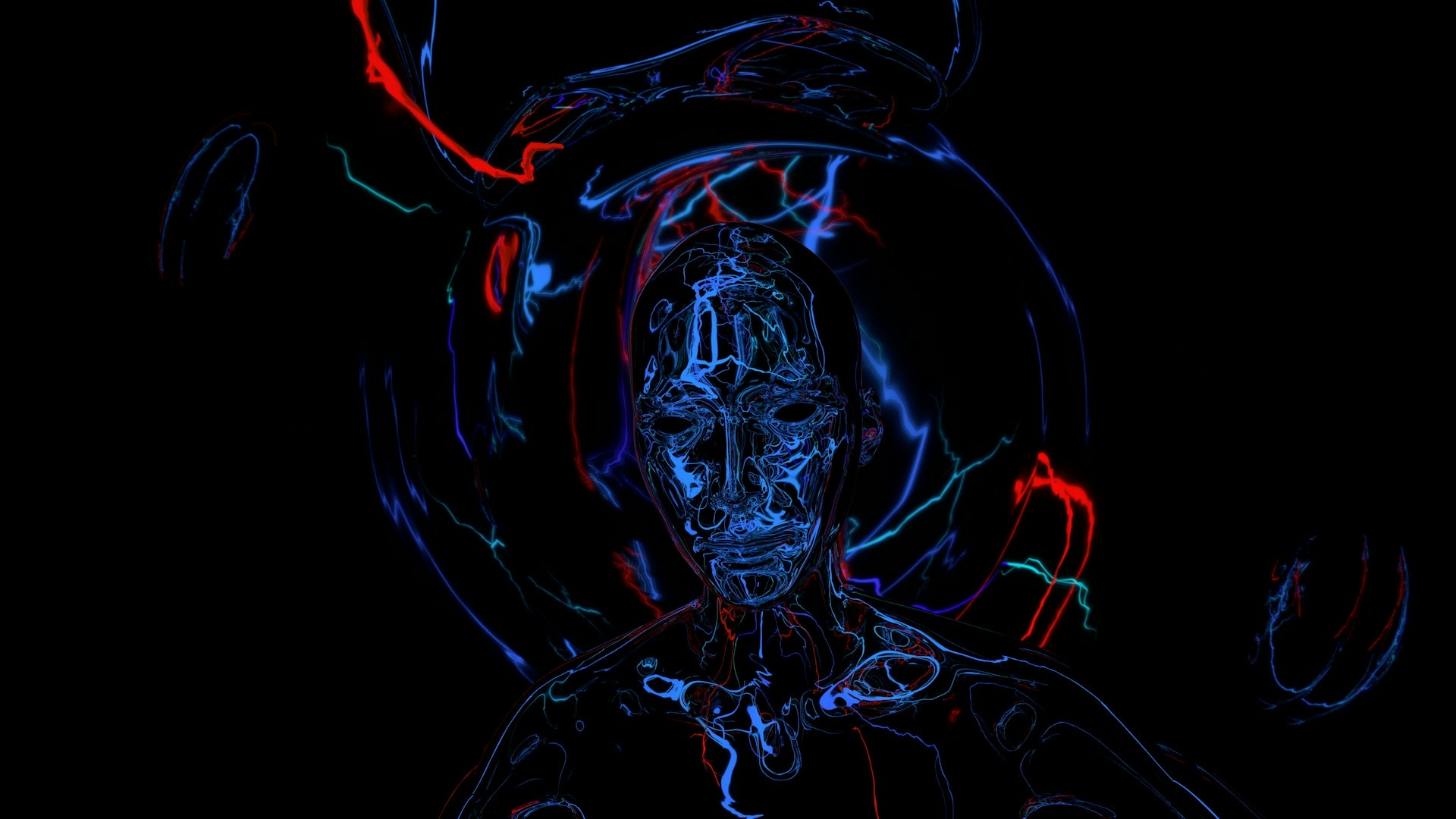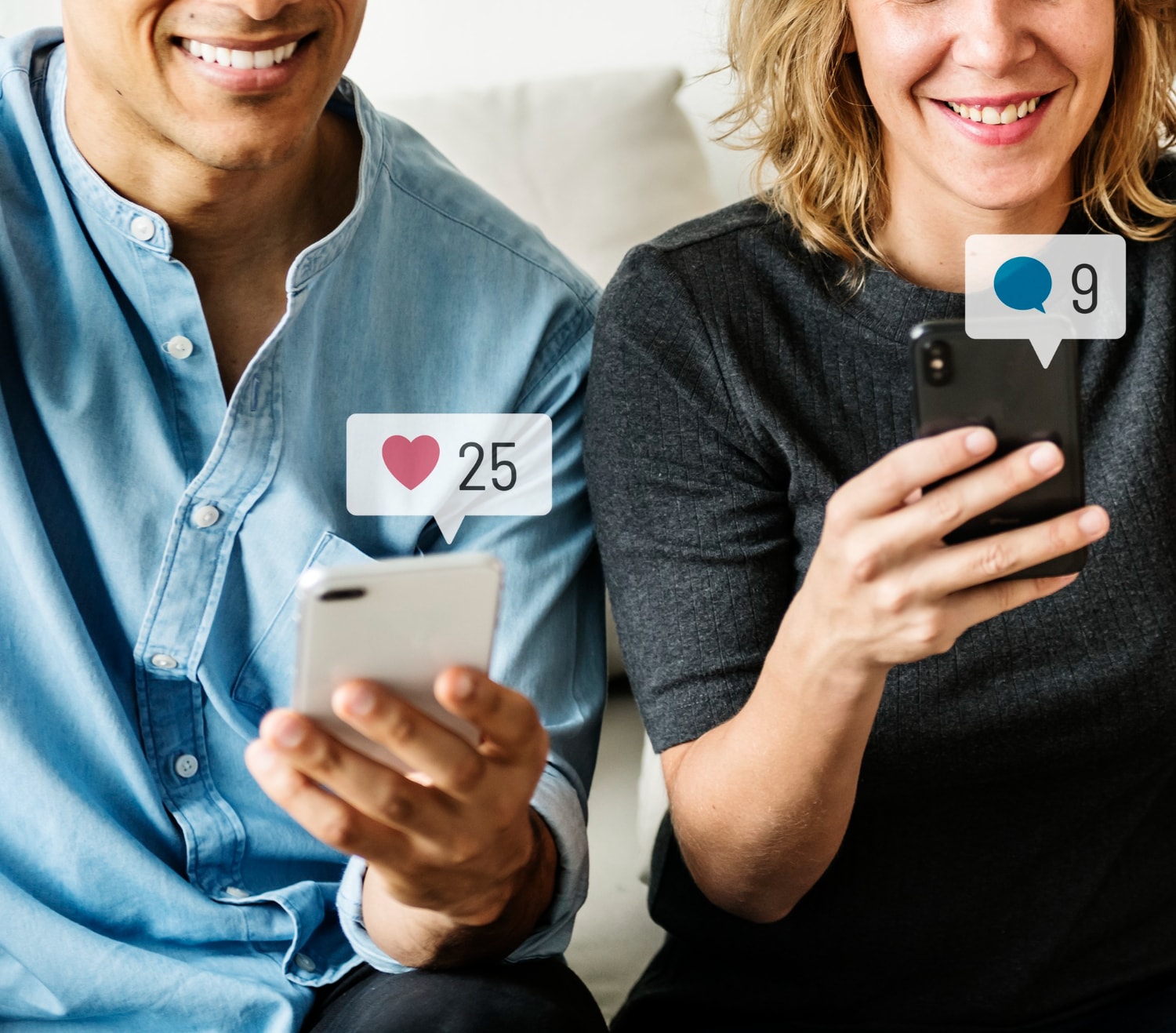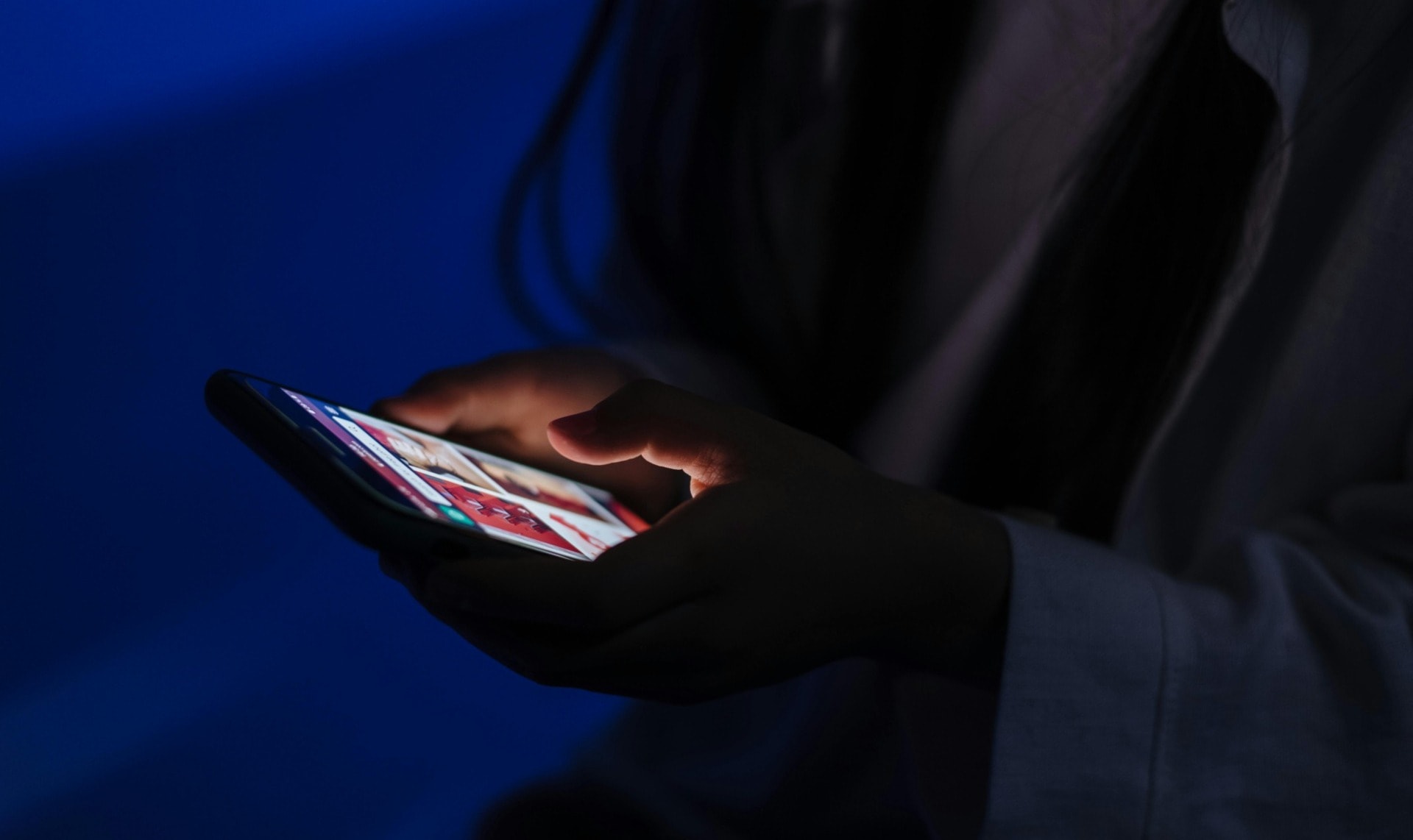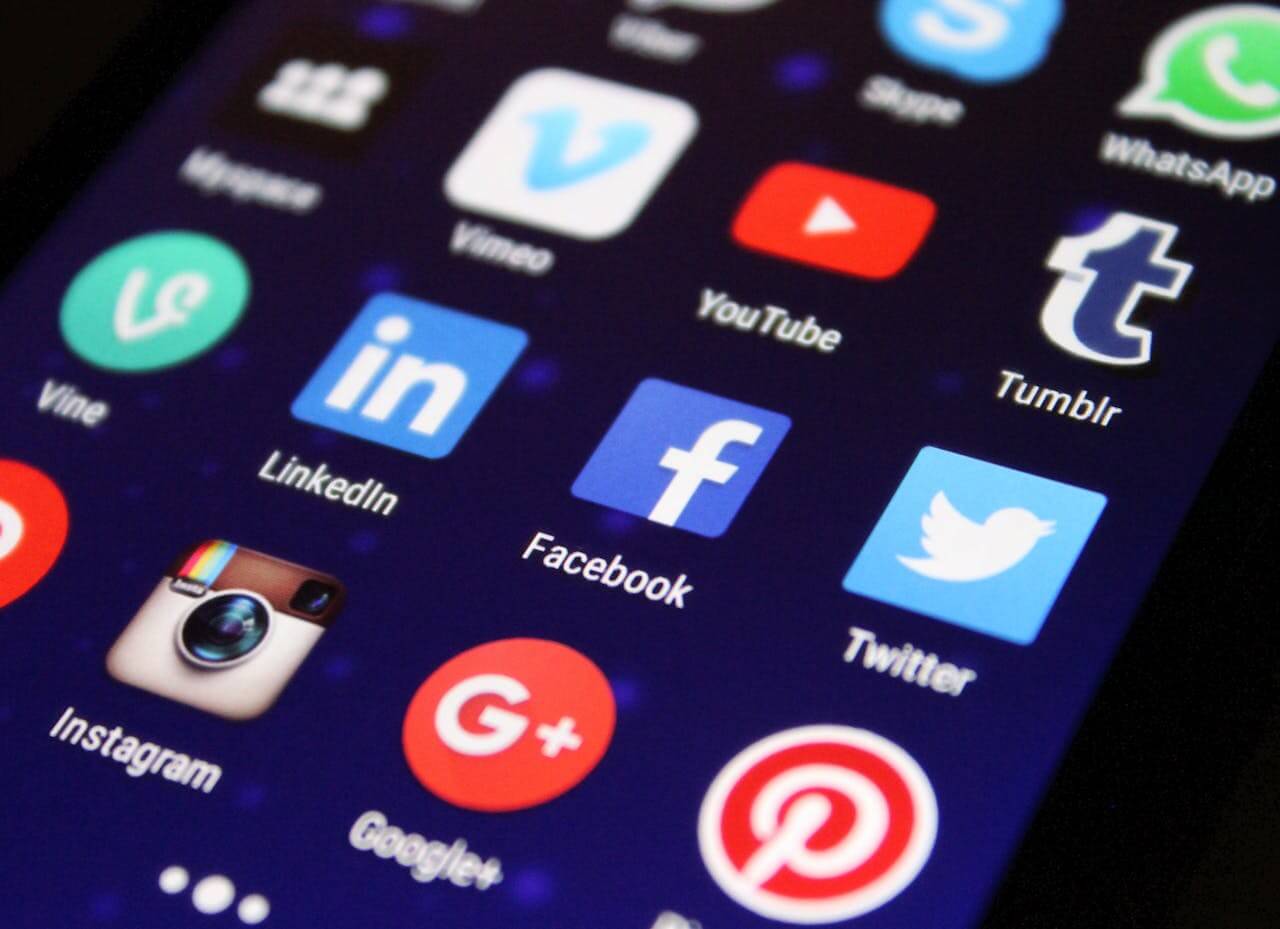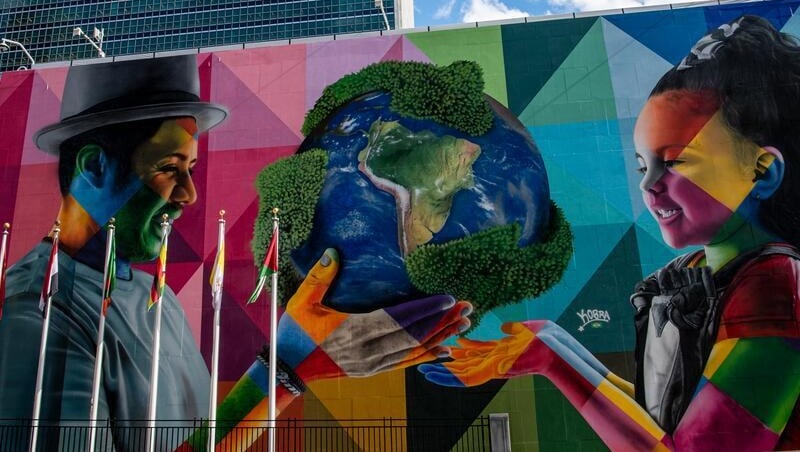I often think back to my childhood years — life was so stress-free and effortless; everything felt so magical. My mind felt so relaxed, untroubled by worries, and full of boundless imagination. But as I became a teenager, something changed. The world around me seemed to shift as almost everyone I knew started carrying smartphones, immersing themselves in a new digital world.
We all began using social media platforms for hours on end, sharing, liking, and commenting on each other’s lives. And without knowing, we frequently lost ourselves in the digital world and the never-ending barrage of notifications.
The launch of Instagram in 2010 and the adoption of smartphones with front-facing cameras marked a turning point in this evolution. These developments transformed social interaction and made visual content an essential component of day-to-day existence.
When Instagram first launched, I remember sharing photos so innocently — simple snapshots of grass and peaceful dairy landscapes — and of course to keep in touch with friends.
But within a few years, the platform shifted into a battleground for likes and followers, with many users caught up in the pursuit of virtual popularity.
When I read Jonathan Haidt’s The Anxious Generation — it hit close to home. I used to spend so much time carefully crafting my social media posts, hoping to present a version of myself that others would admire. But no matter how perfect things looked on the surface, the pressure for likes and validation would be never-ending. It felt like I was constantly chasing approval in a space that, deep down, didn’t feel authentic at all.
Haidt, in his book, highlights how social media has left younger generations more anxious, depressed and vulnerable. It’s not just about endless scrolling — these platforms are designed to play with our emotions, deepen divisions, and distort our perception of reality. I realised I had fallen into that cycle, and what scared me most was how subtly it happened. Without even noticing, I had started to lose a sense of who I was after I put my phone down.
We are under the control of algorithm Gods
Have you ever found yourself scrolling through your social media feed and suddenly feeling the urge to buy the same products or share the same opinions as the people you follow? Or have you ever noticed that after seeing something featured frequently in your feed, you suddenly feel the need to dress a certain way or take up a certain hobby?
In his book, Haidt highlights that this manipulation is far from random; it’s a deliberate strategy by big tech companies designed to maximise engagement and profits. These companies enlist top engineers, data scientists, and psychologists to develop algorithms that keep us hooked — by tapping into our need for social validation and using unpredictable rewards that fuel addictive behaviours.
When we use social media platforms like Instagram, TikTok, and Meta, we become unwitting clients of these corporations. Our personal data and interactions are continuously harvested for profit, often without our knowledge or consent. What’s more troubling is that many users remain unaware of this manipulation, failing to realise how their behaviour is being subtly exploited.
We find ourselves seeking approval from strangers online, refreshing our feeds for likes and comments, often without fully understanding why.
This constant pursuit of digital validation has a profound effect on our mental health. According to Haidt, younger generations, especially Gen Z, have experienced increased rates of depression, anxiety, and attention disorders in the years following the rise of social media. The relentless exposure to curated lives and the subtle pressure to compete in the social arena leaves many of us feeling inadequate and stressed.
I see these effects in my own life. There are moments when I catch myself posting on Instagram or Elon Musk’s social media platform X, only to obsessively check for likes and followers moments later. The validation I seek comes from strangers I may never meet, and yet, their approval feels so crucial. It feels like we’ve turned from normal human beings into content creators.
These days, we are chasing a fleeting sense of worth, and in doing so, we lose touch with the things that truly matter — genuine connection, presence, and authenticity.
Haidt argues that in order to understand ourselves better, we must take a step back. Realising the extent to which these algorithms have permeated every aspect of our lives will help us take back control. This is very important, especially for the younger generations, who may not fully understand the impact of these technologies because they have grown up with them.
It’s time to shift our focus from looking to other people for approval to looking within ourselves for fulfilment, as Haidt suggests. True happiness does not come from the number of likes on a post or the endorsement of anonymous strangers; rather, it comes from discovering joy and significance in the small, everyday moments that comprise our lives. If we can become aware of this, we have an opportunity to regain control over our thoughts and lives.
Related Articles: Over-Sharenting on Social Media | How Education and Social Media Regulation Can Combat Science Denial | Journalism Threatened by Social Media: Can the News Industry Be Saved? | #Woke: The Dangers and Possibilities of Social Media Activism and Woke Washing
In 2024, like it or not, we’re all part of a grand experiment
In actuality, some of the most brilliant minds in Silicon Valley have quietly shaped our attitudes and actions — often without our knowledge. This raises concerns about the broader effects of these inventions: how deeply do designs influence our lives, and what does that mean for our sense of autonomy and authenticity?
By using platforms like Instagram, TikTok, and Meta daily, we unwittingly become clients of these corporations. Our data is continuously harvested for profit, often without our full awareness or consent. The bigger concern is that many users are oblivious to this manipulation. They don’t realise their behaviour is being influenced by sophisticated, behaviour-modification techniques aimed at gently guiding their choices and actions.
One clear example is the use of variable rewards, where likes or comments are delivered unpredictably. This taps into a psychological response similar to gambling, making us constantly check for validation, posting more in hopes of positive feedback. How many of us instinctively post on Instagram, immediately refreshing to see likes and followers, without even thinking about it?
Social media platforms have instilled in us a powerful need for validation. This yearning is so ingrained that we often seek approval from complete strangers — people we may never meet — whose validation we nonetheless crave. We are chasing fleeting feelings of worth, carefully manipulated by these platforms, which in turn affects our collective behaviour.
Ultimately, every interaction with social media is no longer just about connecting with friends or consuming content. We are feeding a system that meticulously analyses and leverages our everyday behaviour for profit. These platforms are so cleverly engineered that they condition our actions, guiding us through a maze we may not even be aware of.
This is why awareness is so crucial — to become conscious of what’s happening to all of us thanks to these multi-billion dollar companies, based all the way in Silicon Valley. And that has such a strong influence on us, altering our interactions in everyday life and changing how we interact with the world.
The truth is many of us are suffering the consequences, especially younger generations, who are experiencing shortened attention spans, heightened stress levels and diminished emotional resilience due to these altered neural pathways by regularly using these social media platforms.
To really break free, we have to be present. Rather than curating moments for others, we should immerse ourselves in them, discovering the joy in everyday life. It’s about taking back control from the grip of corporations and advertisers, and reconnecting with what truly matters. When you finally put your phone down, it feels like stepping back into 2005 — and you’ll notice that things haven’t changed as much as you’d think, and honestly? — real life isn’t so bad.




